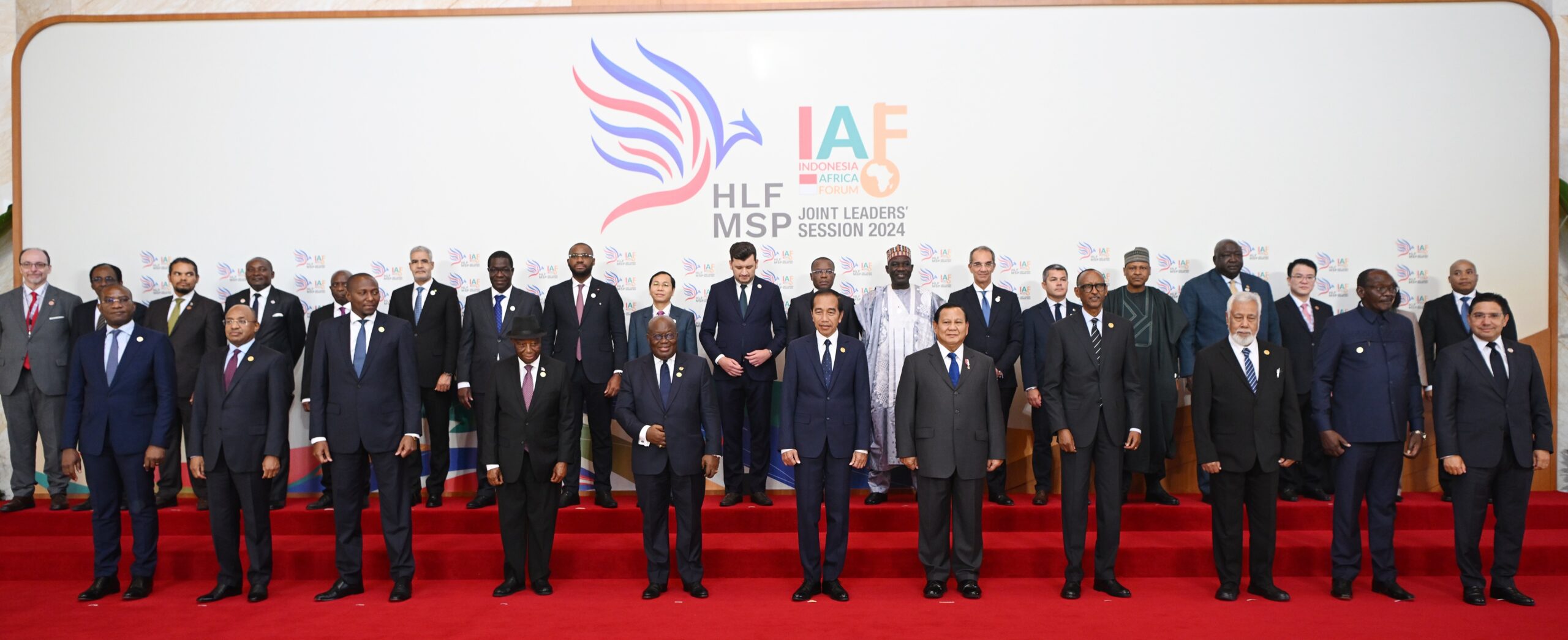

By OUR CORRESPONDENT
Cabinet Secretary for Investments, Trade, and Industry, Salim Mvurya has hailed the African Continental Free Trade Area (ACFTA) secretariat for its efforts in resolving the remaining instruments required for the establishment of the legal and policy framework of the agreement.
Mvurya hosted the African Continental Free Trade Area (ACFTA) Secretary-General, Wamkele Mene, to review the progress of implementing the African Free Trade Area Agreement in Africa.
During the meeting, CS Mvurya said: “We are pleased with the progress made by the Secretariat. All key protocols of the agreement have been agreed upon, and now the focus is shifting toward implementation.”
At least 48 countries have already submitted their tariff offers to the ACFTA Secretariat, demonstrating strong support and commitment to the agreement’s objectives. As the roadmap towards implementation progresses, the Government of Kenya has appealed to the ACFTA Council to approve the certification procedure conducted by the Kenya Bureau of Standards (KEBS) for goods in transit across the African continent.
This strategic move is aimed at expediting the export process by streamlining the transshipment of goods, significantly reducing delays and enhancing trade efficiency across Africa.
“KEBS office of the cabinet secretary will make a formal application for accreditation through the ACFTA Secretariat. Once approved, the certification will be accepted across the continent for Kenyan Goods,” Mvurya added.
The Cabinet Secretary also welcomed ongoing discussions between ACFTA and the United Bank of Africa to address the high cost of cross-border trade by launching a USD 7 billion fund to empower small and medium-sized enterprises (SMEs) in Africa.
“We are lobbying for the fund to be launched here in Kenya once the talks are finalized, as we have a ready market,” he said. CS Mvurya called on the ACFTA Council to address challenges impeding the ease of doing business across Africa. “There is ongoing discussion to establish a Pan-African Payment and Settlement System (PAPSS) that could resolve the existing hindrances,” Mvurya noted.
So far, over 115 commercial banks and 15 central banks have signed onto the system to facilitate trade in local currency.
Wamkele Mene, the Secretary-General of AfCFTA, also urged more commercial banks across Africa to adopt the PAPSS to promote the use of local currencies in cross-border trade.
“By switching to the Pan-African Payment System, African banks can help eliminate reliance on third-party currencies, which has significantly increased the cost of trade across the continent,” he affirmed.
Both leaders emphasized the importance of collaborative efforts to strengthen intra-African trade, reduce trade costs, and empower businesses across the continent.



















































































































































































































































































































































































































































































































































































